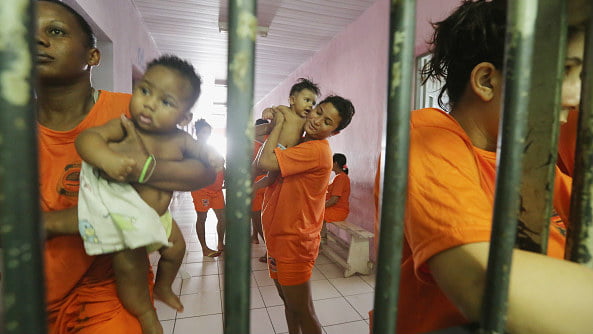Due to their gender, women are the most vulnerable in prisons.
In some countries, mental disabilities are rampant among imprisoned women than men. In this case, women are more likely to harm themselves and even get to an extent of committing suicide. This shows the need to urgently provide appropriate mental health services oriented to the gender-specific needs of women offenders.
Due to their gender and in most countries, women face discrimination in accessing health care services. Women have gender-specific needs to have access to specialist in women’s health-care.
Most prisons in most countries worldwide, are less able or not well equipped in providing health care and medical services to mothers with children, pregnant or nursing mothers.
The safety of women prisoners in most countries are not well established. Sexual abuse in prisons range from subtle humiliation to rape. Rape may take place in form of forced sexual services in return of their most basic human rights as well as accessing goods and privileges.
In order to eliminate these discriminations, the need to prioritize the management of prisons within an ethical framework and guided by the international standards developed to protect the human rights of prisons is very essential. FSF-IHCE’s top mission in this case, is to establish a gender-sensitive penal system and to conduct a gender sensitive training for law enforcement officials. The key to a successful prison management is to have quality and well-trained prison directors and other prison staff. FSF-IHCE’s part of the mission is to offer special training relating to the gender-specific needs of prisoners as well as the approach and style of prison management.

